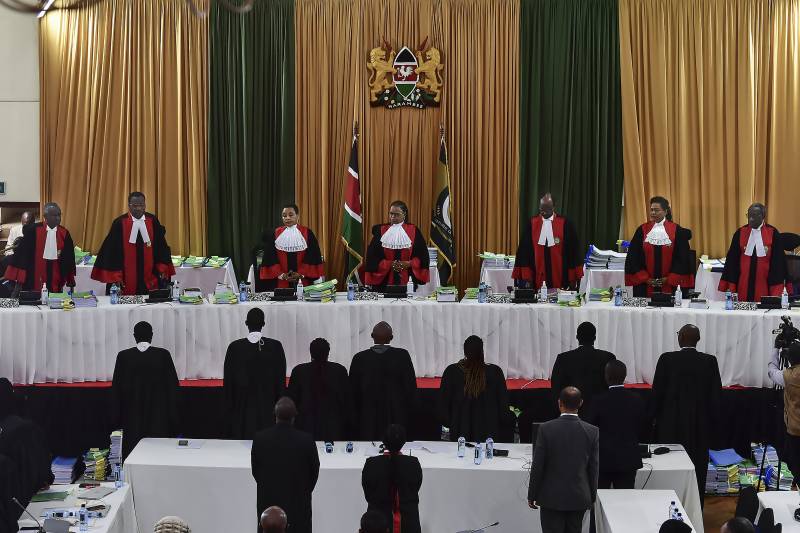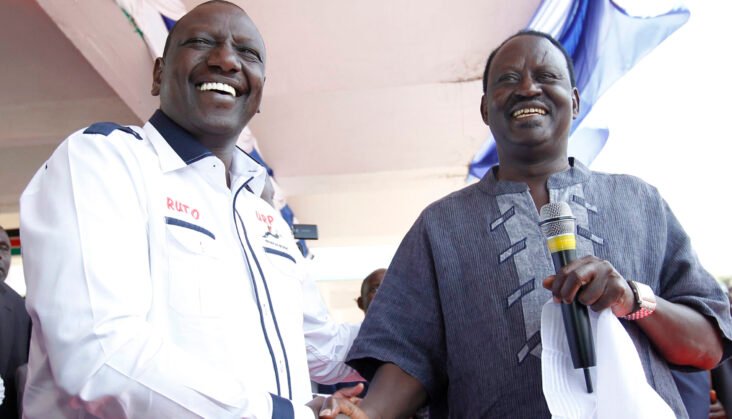

Kenya’s Supreme Court should rule today on Raila Odinga’s petition: was Kenya’s election free and fair?
Kenya’s political life remains on pause while the Supreme Court considered the petition of Raila Odinga, who claims his opponent William Ruto won by fraud.
After a long delay, Independent Electoral and Boundaries Commission (IEBC) chief Walter Chebukati announced on 15 August the results of the vote: 50.49% for Ruto, and 48.85% for Odinga. Four IEBC commissioners, including Chebukati’s deputy, walked out in protest, claiming Chebukati had announced the results unilaterally.
“We have intelligence and reports that their system was penetrated and hacked and that some of the IEBC officials actually committed electoral offences and some of them ought to have been arrested if they were not arrested”, claimed Saitabao Ole Kanchory, the chief agent for the Azimio la Umoja–One Kenya Coalition.
A coalition of NGOs has also filed a case with the Supreme court.
“It is particularly shocking that most of these offenses have been committed by IEBC personnel, sometimes in collusion with external parties, which has resulted in arrests”, said the Angaza Movement on 14 August in a statement. “This obviously raises public anxiety on the credibility of the electoral body and the accuracy of the results, as recorded and transmitted and will undermine the outcome. These reports include cases of arrests of IEBC officials caught while committing crimes including altering of results and having rogue ballot boxes.”
No election in Kenya since 2002 has gone uncontested.
